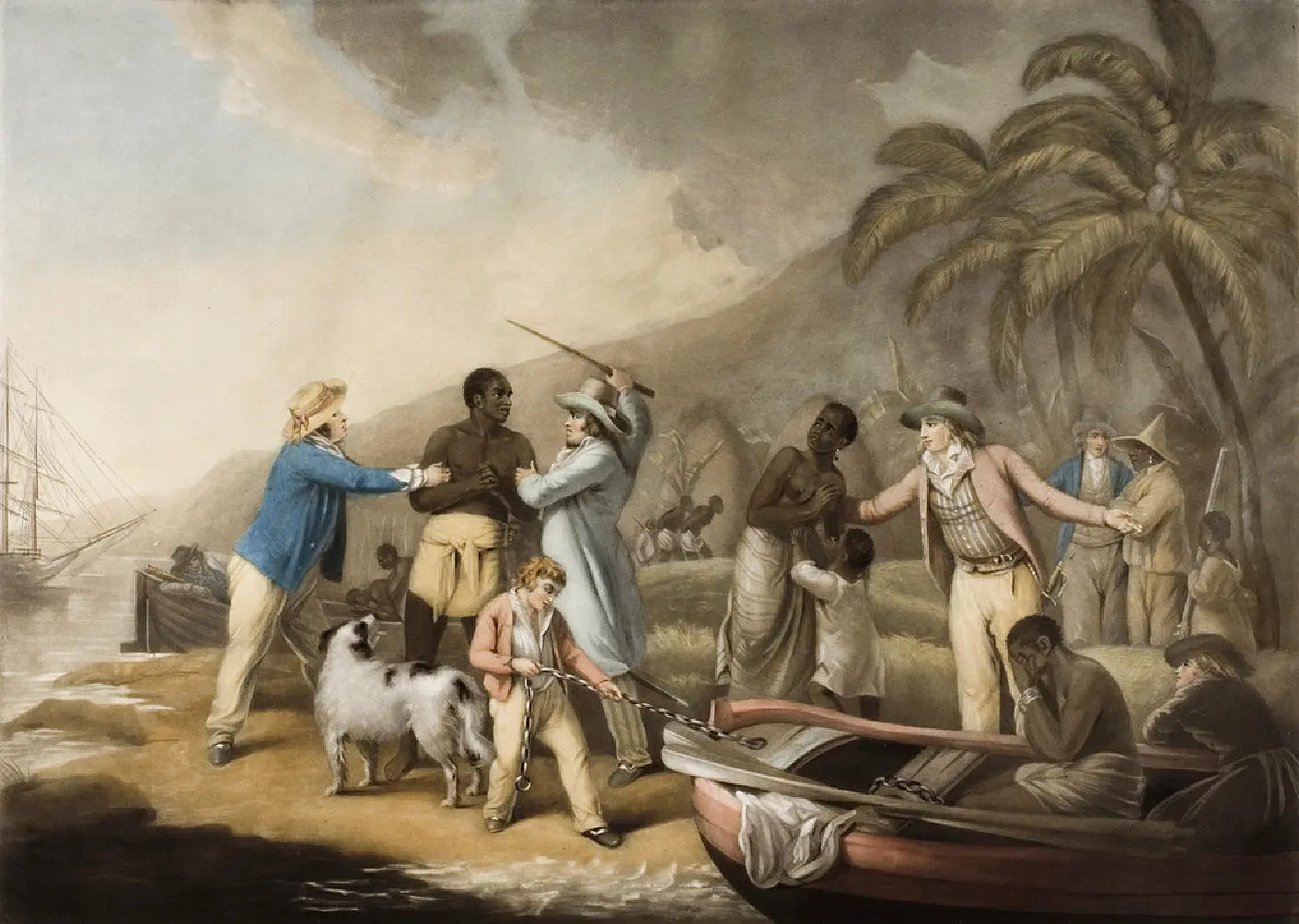UCLan researchers share findings of project commissioned by Manchester Literary and Philosophical Society
Prominent and influential Mancunians in the eighteenth and nineteenth centuries benefitted directly or indirectly from wealth generated from slavery, according to research conducted by the University of Central Lancashire (UCLan).
In a public lecture at the Manchester Literary and Philosophical Society (Manchester Lit and Phil) on Wednesday, 1 June, UCLan researchers will explain how notable Society members of the time, such as the Peel, Greg, Hibbert, Heywood and Philips families, benefitted directly or indirectly from wealth generated from slavery and slave-produced goods.
The findings come from a six month project commissioned by the Society to explore its historical links with the transatlantic slave trade.
"The transatlantic slave trade is part of the Society’s history and we felt it was important to openly acknowledge this and take a close look at how it impacted Manchester at the time."
— Tony Jackson, Vice President of the Manchester Literary and Philosophical Society
Tony Jackson, Vice President of the Manchester Literary and Philosophical Society, said: “The Manchester Literary and Philosophical Society was founded in 1781, when the city’s rapidly mechanising textile industry placed it at the centre of global trade networks fuelled by slave-produced cotton from Caribbean and American plantations.
“The transatlantic slave trade is part of the Society’s history and we felt it was important to openly acknowledge this and take a close look at how it impacted Manchester at the time.”
Professor Alan Rice, Dr Andrea Sillis and Drahoslava Máchová from UCLan’s Institute for Black Atlantic Research (IBAR) have investigated numerous members of the Society from 1781 until 1865. They have used the Legacy of British Slave Ownership database, which was developed by University College London, and the online database of the transatlantic slave-trade, among multiple other sources.
Although many Society members did have links to slavery, many others, including one of the founders Thomas Percival, were actively engaged in anti-slavery campaigning. For example, physician and poet John Ferriar published an anti-slavery play in 1788; merchant and political radical Thomas Walker was chairman of a Manchester anti-slavery committee; and clockmaker Peter Clare was a secretary of the Anti-Slavery Society.
"Our findings highlight the political and intellectual complexities of this period of the Lit and Phil’s history, in which members with radically opposing views on slavery and abolition collaborated as friends in running the Society."
— Professor Alan Rice, co-director of the UCLan Institute for Black Atlantic Research
Professor Rice said: “Our findings highlight the political and intellectual complexities of this period of the Lit and Phil’s history, in which members with radically opposing views on slavery and abolition collaborated as friends in running the Society. An example of this is that George Philips, who was known as ‘King Cotton’, served as co-Vice-President of the Lit and Phil with the abolitionist John Ferriar in 1792.
“In addition, there were close family relationships among members of the Society that cut across opinions about slavery and abolition. For example, the daughter of the abolitionist Thomas Percival was married to Nathaniel Heywood from the family of bankers whose money had come from investments in at least 133 slaving voyages.”
The lecture, Who do we think we were? Slavery, Abolition and the Manchester Lit and Phil, will take place between 6.00pm – 8.00pm on Wednesday, 1 June, at Main Hall, Friends' Meeting House, 6 Mount Street, Manchester.
Tickets cost £9.21 and can be booked online via Eventbrite.

